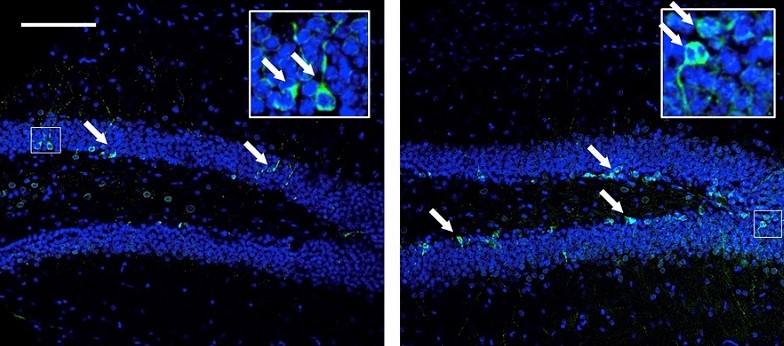A substance derived from cannabis may attenuate the addictive effects of cocaine
A study in mice shows experimental evidence of the possibility of using cannabidiol as a therapy in cocaine addiction. The study has been led by the researcher Olga Valverde.

A new study conducted in laboratory animals shows that cannabidiol, a substance derived from cannabis, can be useful in reducing the addictive effects of cocaine. The study, published in the journal Neuropharmacology, has been developed by the research group in Behavioural Neurobiology (GReNeC-NeuroBio) at Pompeu Fabra University.
Addiction to cocaine is a chronic disease characterized by the compulsive search for and use of the drug, despite its harmful consequences. Cocaine is the second most consumed illegal drug in Europe and the United States, however, there are no effective treatments, hence the need to develop new therapeutic strategies.
Cannabidiol is a substance derived from the cannabis plant without the potential to cause addiction. In previous studies, cannabinoid derivatives have shown promising results for the treatment of neuropsychiatric disorders, including drug addiction.
The researchers administered cannabidiol repeatedly in experimental models of cocaine addiction. These mice, when pressing a lever, self-administer a dose of the drug voluntarily. “To determine if cannabidiol can attenuate the reinforcement of cocaine, we evaluate the behavioural responses induced by the drug. We saw that cannabidiol reduced the voluntary consumption of cocaine and the effects of reward and reinforcement”, explains Miguel Ángel Luján, first author of the article.
Olga Valverde highlights “At the molecular level, we see that cannabidiol may modulate some manifestations of cocaine reinforcement. It increases the expression of neurotrophic factors via a mechanism that involves CB1 cannabinoid receptors and promotes the proliferation of new cells in the hippocampus, an area of the brain associated with the functions of memory”, she explains.
“Our study provides new evidence on the possibility of using cannabidiol as a therapeutic tool. It has also allowed us to better understand the modulating role of this compound in the signalling pathways underlying cocaine consumption”, concludes the researcher of the Department of Experimental and Health Sciences (DCEXS).
Reference article:
M Á Luján, A Castro-Zavala, L Alegre-Zurano, O Valverde. Repeated Cannabidiol treatment reduces cocaine intake and modulates neural proliferation and CB1R expression in the mouse hippocampus. Neuropharmacology (2018) DOI: 10.1016/j.neuropharm.2018.09.043




